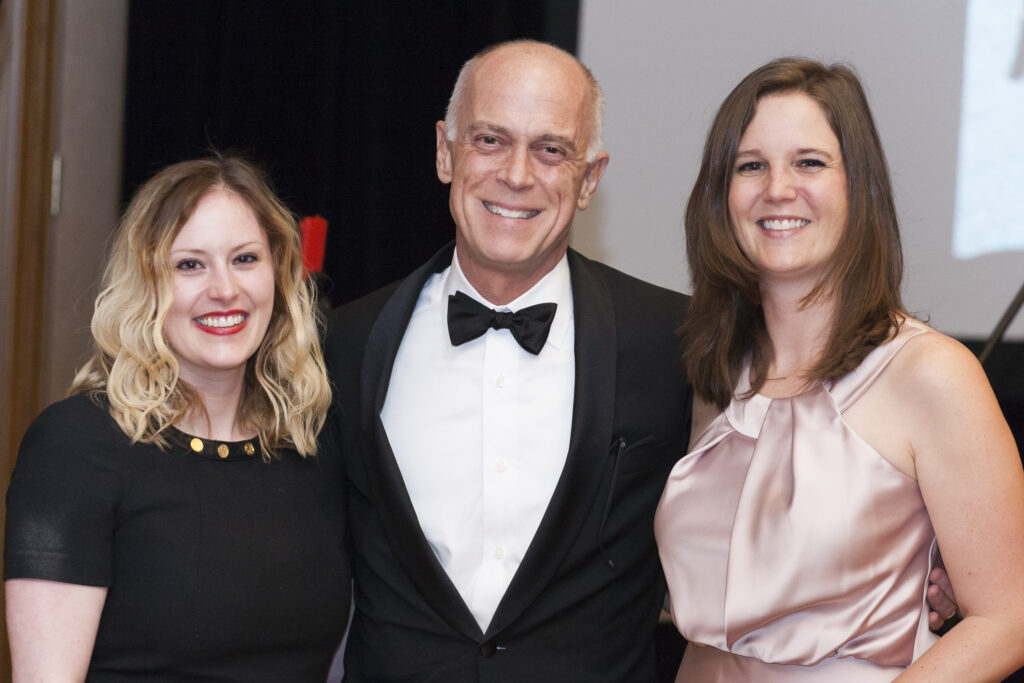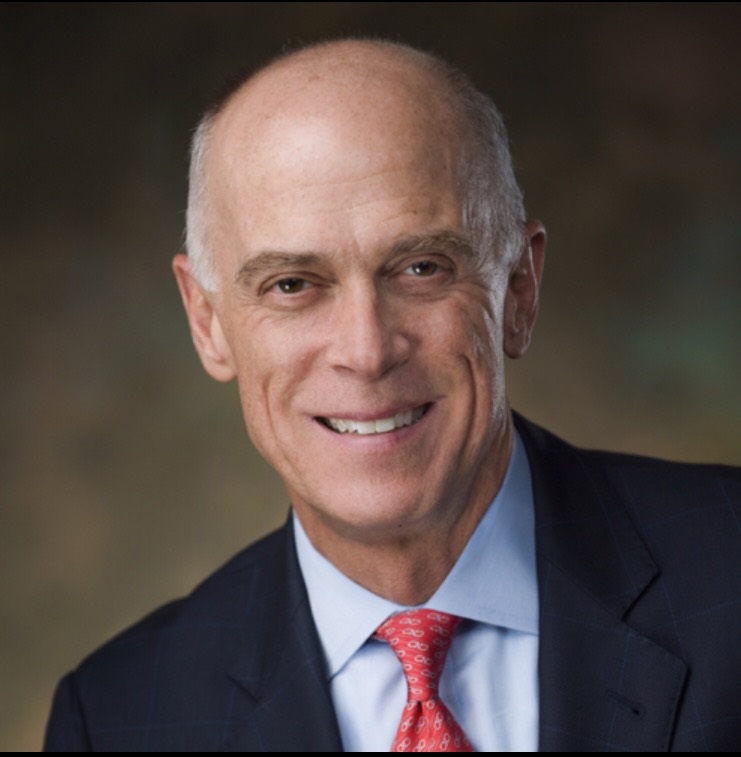
The inaugural surgeon-in-chief at Children’s Hospital New Orleans, Ellis Arjmand, MD, PhD, MMM will be the guest speaker for the annual Ogura Lectureship and Resident Research Day, held by the Department of Otolaryngology at Washington University.
Arjmand completed his otolaryngology residency in 1993 and fellowship in pediatric otolaryngology in 1994 at Washington University and St. Louis Children’s Hospital. At the virtual June 18 event, he will present, “Thinking about Thinking: Cognitive Bias and Medical Error.”
At Children’s Hospital New Orleans, Arjmand provides oversight of all surgical service lines and is responsible for developing and implementing a strategic vision for the continued growth of high-quality surgical services. He is nationally known for his expertise in healthcare quality improvement and health economics.
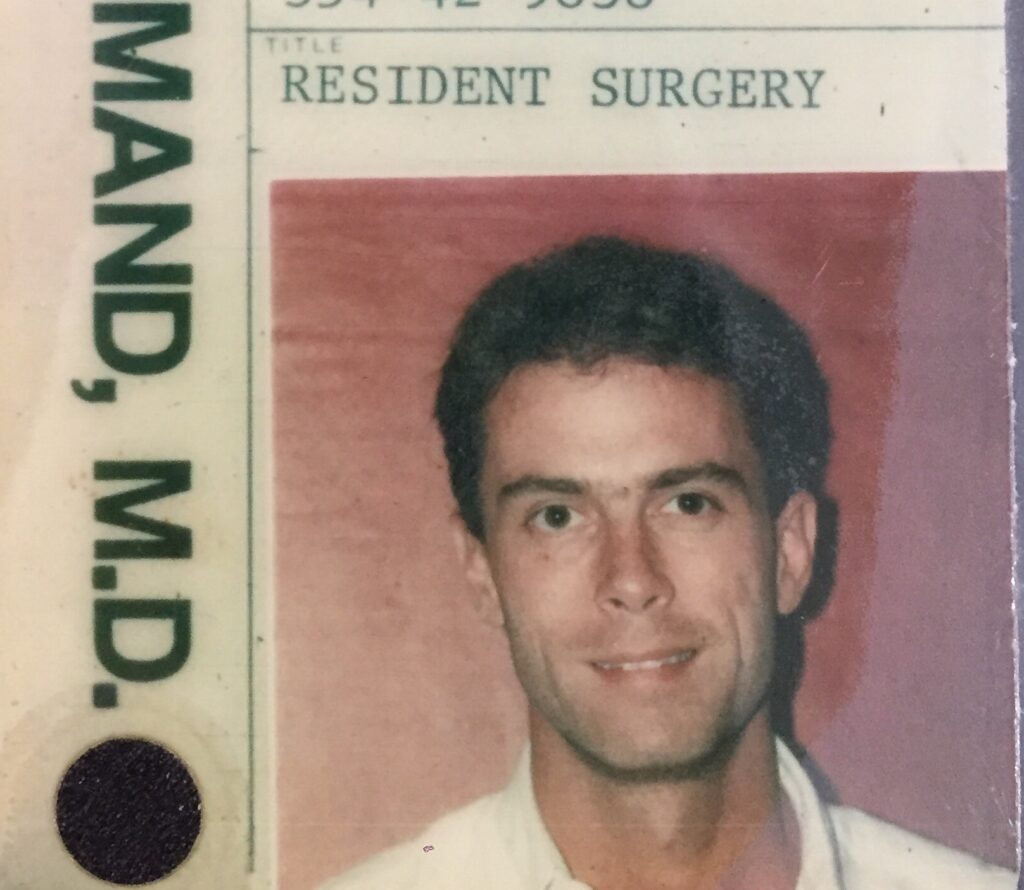
In addition to his role at Children’s Hospital New Orleans, Arjmand is adjunct professor of Otolaryngology and Business at Tulane University School of Medicine, and adjunct professor of Otolaryngology and Public Health at Louisiana State University.
Q. What impact has your Washington University training had on your career?
The training at WashU was the foundation for everything I’ve done since then. It prepared me to handle any clinical problem that might come in.
I had outstanding training and wonderful mentors—it was just a fantastic experience overall. The experience made me very comfortable in all aspects of otolaryngology. Plus, St. Louis was a great place to live. I enjoyed being a resident there very much.
Today, when I sit down with the deans of the medical schools at Tulane and LSU, I feel that I have additional credibility from having trained at WashU. This background also prepared me for success in Pittsburgh, in Cincinnati, and at Baylor. The experience of completing residency and fellowship at a place like WashU has continually opened doors for me throughout my career.
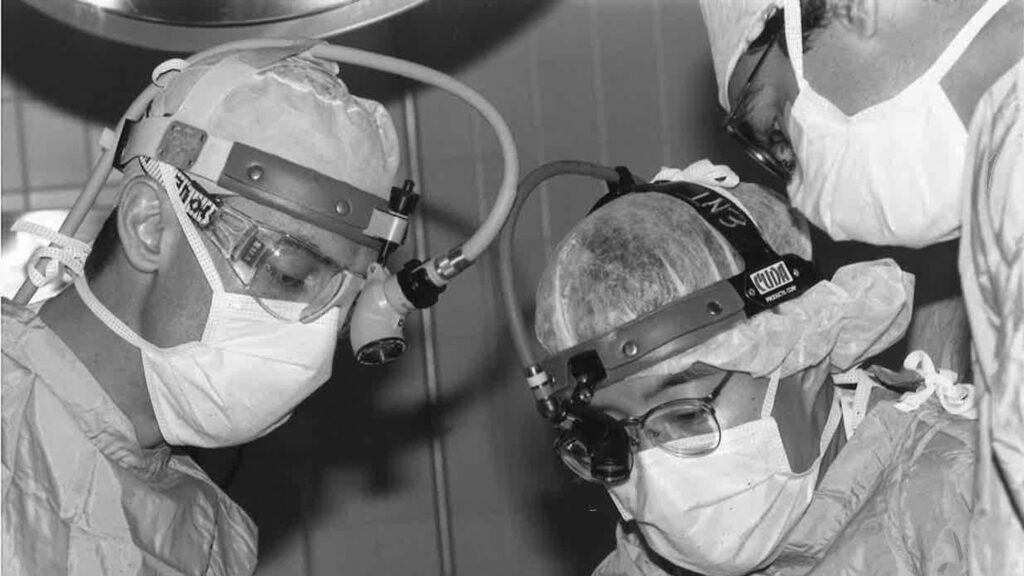
Q. What are some of the highlights of your career?
Best Children’s Hospitals
I have worked in some of the best children’s hospitals in the country, and in great otolaryngology programs at the University of Pittsburgh, University of Cincinnati, and Baylor College of Medicine. I worked for Charlie Bluestone, who is legendary in our field, and then Robin Cotton, another major figure. I feel extremely fortunate to have worked with some of the real pioneers in our field.
Touching Careers
At the last three places I’ve worked, over the past 21 years, I’ve worked with approximately 50 fellows in pediatric otolaryngology. That has been a high point for me – the opportunity to interact with so many people in training, and to impact their careers. This includes [current Washington University faculty member] Kate Dunsky, MD, who was a fellow when I was in Houston. Those relationships are very meaningful. All of these are large programs, with a number of residents going into careers in pediatric otolaryngology, and I was able to advise and help them many of them, which was also been a wonderful experience.
Healthcare as an Industry
A major differentiator in my career has been the additional knowledge I have about how health care works, as a business and an industry, including quality, safety, and organizational management. I have had some unique opportunities in leadership and management, and I have been able to share those experiences with my colleagues and trainees over the years.
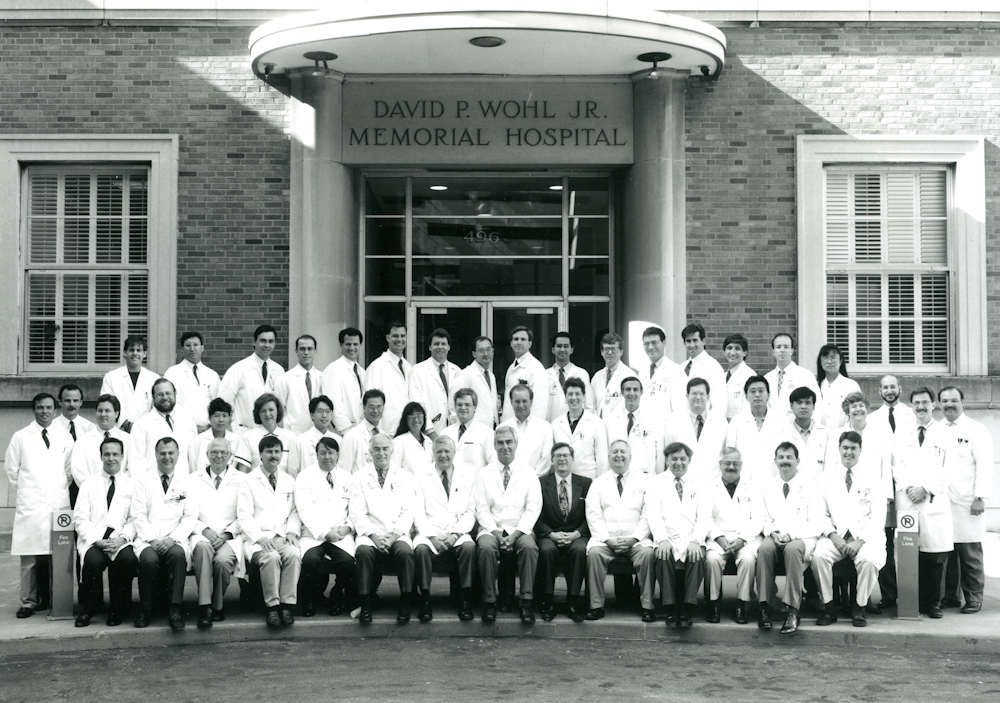
Q. Do you have any advice for current residents?
I would say you have one opportunity to learn how to do this and to do it well. These are your formative years and it’s an incredibly valuable time in your lives and your careers. My own experience illustrates that you don’t always know what you’re going to end up doing.
I thought I would be an academic otolaryngologist, probably a neurotologist, and that I would do research and surgery and teach. That’s not what I ended up doing. I’ve done some of those things, but never really went back into the lab, and at this stage my work week is about 80 percent management and 20 percent direct patient care.
Focus on these years because they are incredibly valuable, and keep an open mind because you just don’t know where the future might lead you.
